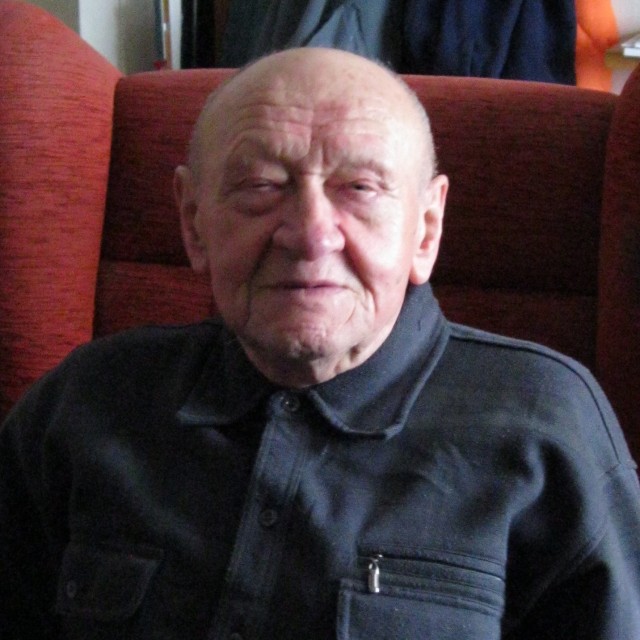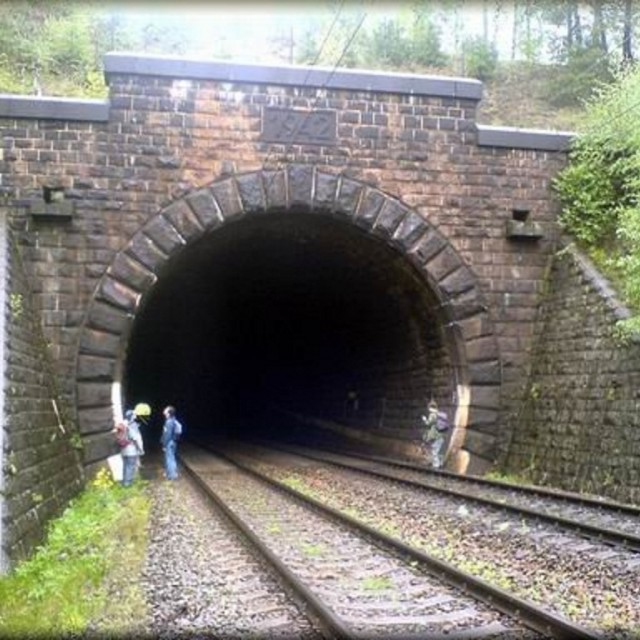Salt over Gold
Because Ferdinand Maneth was a soldier in the Wehrmacht forces, he was taken to the camp for captives in Kutiny near Újezd u Tišnova in 1947. He did not have to go to work because he was wounded, so he used to stay in the camp. The captives lived in twenty-eight wooden barracks there and although there was a hospital, during the existence of the camp 118 people died there who were buried in Balákovo pole. Ferdinand Maneth still thinks that most of those people died of a lack of iodine: “My mother could come once a month and give me a package. If I did not have it I would die like the others. There died so many people, I do not know maybe hundreds, and all of that because we did not have food. Intentionally they gave us unsalted hulled grain soup. Every day the same and always salt-free and that was unhealthy; people cannot live without salt.” In Autumn 1947, Ferdinand Maneth was sent from Kutiny to the camp in Hodolany near Opava and after that he was released and got home.
Hodnocení
Hodnotilo 0 lidí
Routes
Not a part of any route.
Comments
No comments yet.



